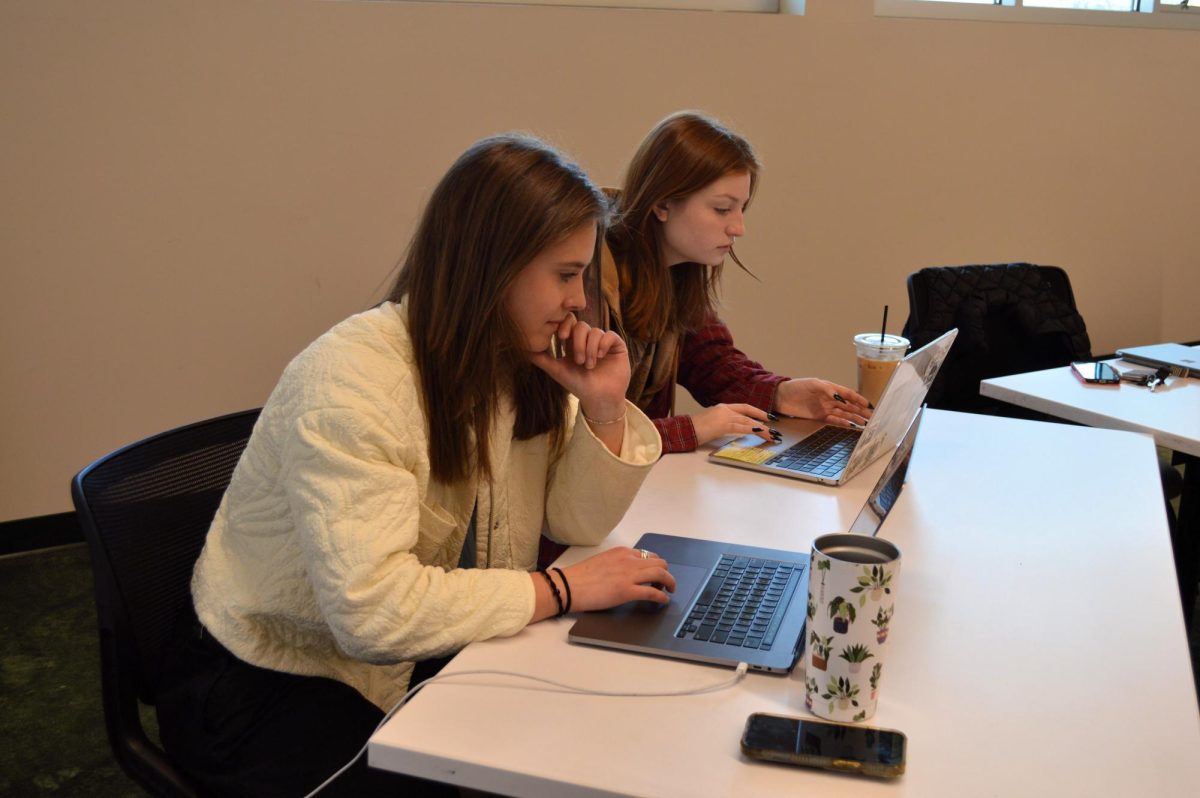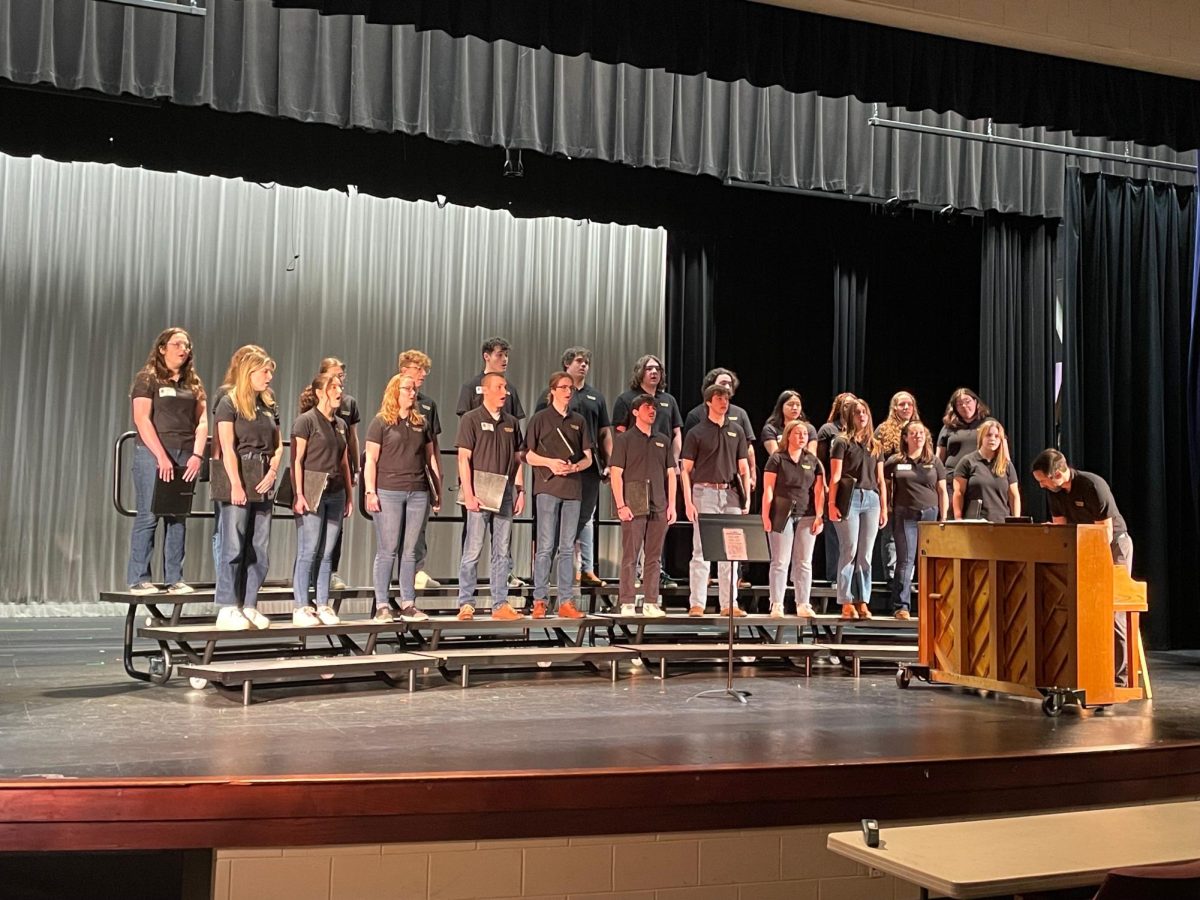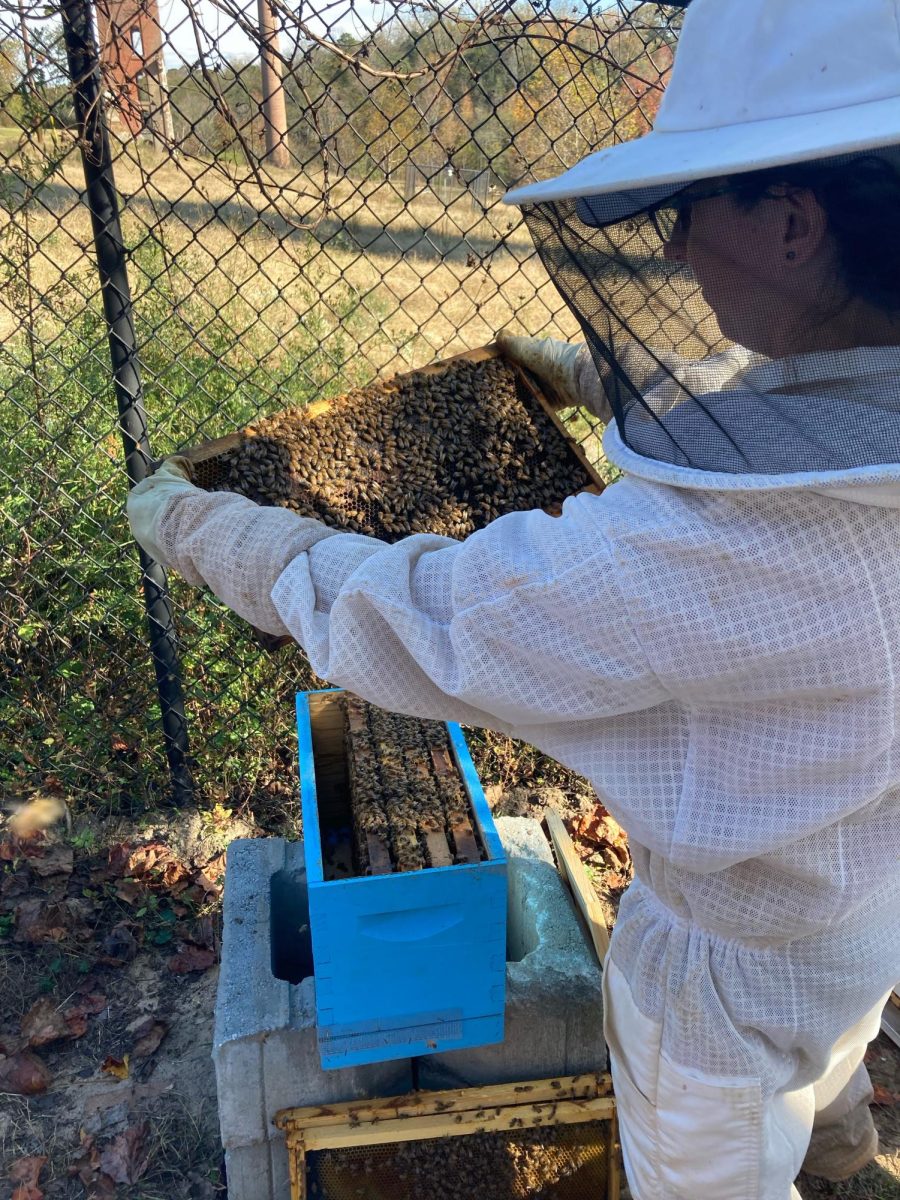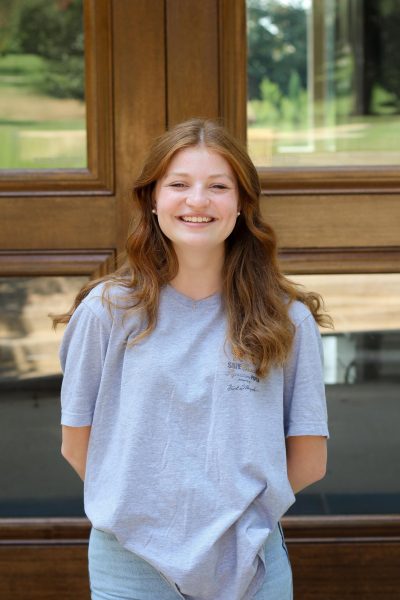Two trials, two appeals and two parole hearings, three last meals, and 10 separate execution dates. This has been the life of Richard Glossip, an Oklahoma man who has been on death row for 26 years, charged with a crime that 62 state legislators, including 45 pro-death penalty republicans and the state’s Attorney General, agree he did not commit.
“I’m the first to admit, I don’t know a lot about his case. All I know is that I see headlines everywhere that Oklahoma is about to execute an innocent man,” Professor of Psychology Dawn McQuiston said. “Oftentimes people forget, there are innocent people on death row as well.”
McQuiston is the coordinator of the pre-law program and the founder of the South Carolina Innocence and Justice Initiative. The initiative is focused on bringing awareness to the problem of wrongful conviction in South Carolina.
“I know from my own work that the state of South Carolina is behind when it comes to criminal justice reform,” McQuiston said. “(The Initiative is) an organization that examines the problem of wrongful convictions and advocates for justice through education, outreach, and advocacy.”
The Initiative hosted an event on Feb.13 that allowed students to research Glossip’s case and discuss their thoughts and feelings, as well as the ways in which they could help.
“(Glossip’s) case is currently in the news. It’s happening right now,” McQuiston said. “I want Wofford students and people who are involved in this to understand that the kinds of things that we are advocating for are happening in the world right now.”
Oklahoma is not alone in potentially executing an innocent man. South Carolina has a dark past when it comes to wrongful convictions and executions. As of 2023, at least seven people that South Carolina has executed have been exonerated, infamously including George Stinney Jr., a 14 year old boy executed for a murder he did not commit.
“You cannot talk about wrongful conviction without talking about how it disproportionately affects people of color,” McQuiston said. “(The initiative is) starting to shed light on what’s missing in the state of South Carolina, and trying to create a path forward by using other states as a model.”
To do so, the Innocence and Justice Initiative is hosting a conference on May 3 that will feature a keynote from Chris Fabricant of the New York Innocence Project, as well as talks from representatives of both the Georgia Innocence Project and the North Carolina Center on Actual Innocence.
The theme of the conference, “Charting the Course,” is focusing on a path forward to understanding and preventing wrongful convictions in South Carolina. The conference, free to the Wofford community, will also feature an interview with Craig Melvin ‘01 and Fernando Bermudez, an exoneree who spent 18 years in prison, only to be released in 2009.
“You can’t hold a conference focused on innocence work without featuring someone who has been personally impacted by this,” McQuiston said. “I always knew that if we were going to hold a conference, having a session with someone who was wrongfully convicted is an integral part of the program of the message.”
Working with and for wrongful convicts, the initiative aims to allow the community, students and lawyers in the state to not only work to change this injustice but also to understand the perspectives of people who have been wrongfully convicted.
“A lot of these people get convicted when they’re 18, 19 and 20. They don’t get to have experiences like Wofford,” Vice President of the Initiative Caroline Watson ‘24 said. “I think that that really grounds me, to realize that these people had their lives taken away from them for no reason.”
The Initiative has taken off from its start in the fall of 2022, doing events on campus, gaining traction within the legal community, and organizing the conference in May. The initiative continues to carve a path forward for South Carolina to work towards repairing its broken relationship with justice.
“When I had a roomful of people who were interested in this topic, I knew that we had something special,” McQuiston said. “We can talk to people, we can talk to exonerees, we can talk to the people that are involved in this and that’s an education in and of itself.”

































